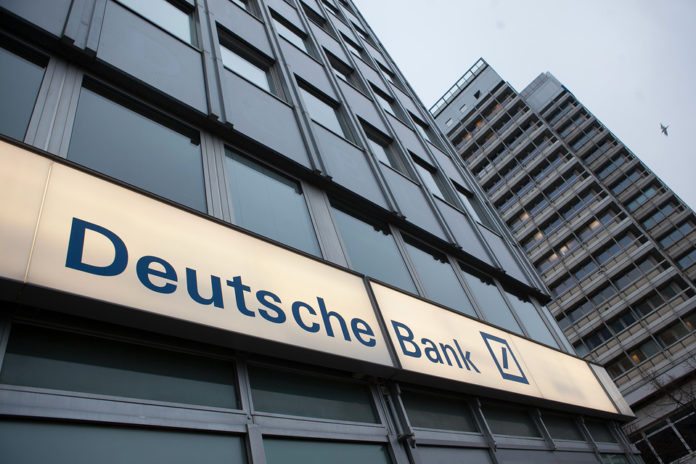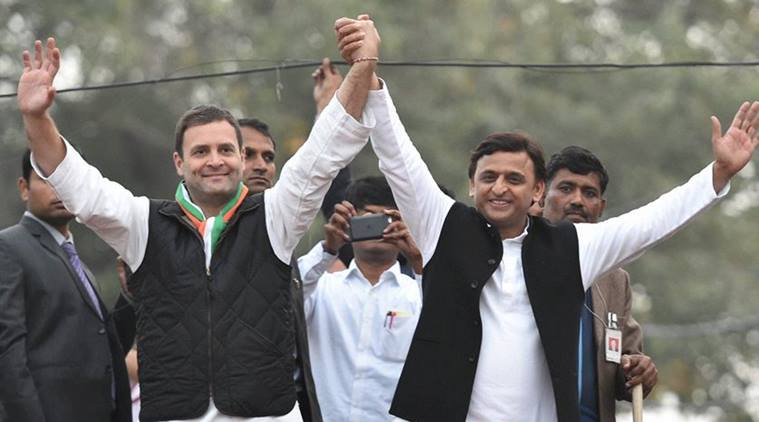As banks, technology giants and would-be disruptors such as Square scrummage over the payment system of the future, German consumers seem perfectly happy with the payment system of the past. Germany remains one of the most cash-intensive advanced economies on earth as an article by Quartz points out.
On average, wallets in Germany hold nearly twice as much cash—about $123 worth—as those in Australia, the US, France and Holland, according to a recent Federal Reserve report on how consumers paid for things in seven countries. Roughly 80% of all transactions in Germany are conducted in cash. (In the US, it’s less than 50%.) And cash is the dominant form of payment there even for large transactions.

No one knows precisely why Germans have such a strong preference for cash, though survey data offer some hints. German respondents suggested that using cash makes it easier to keep track of their money and spending.
“A glance into one’s pocket provides a signal about the extent of expenses and the remaining budget. With a large cash share of expenditures, the quality of the signal is high. We conjecture that for some consumers this signal is of value and hence they choose to use cash,” wrote ECB analysts who studied the phenomenon.


























